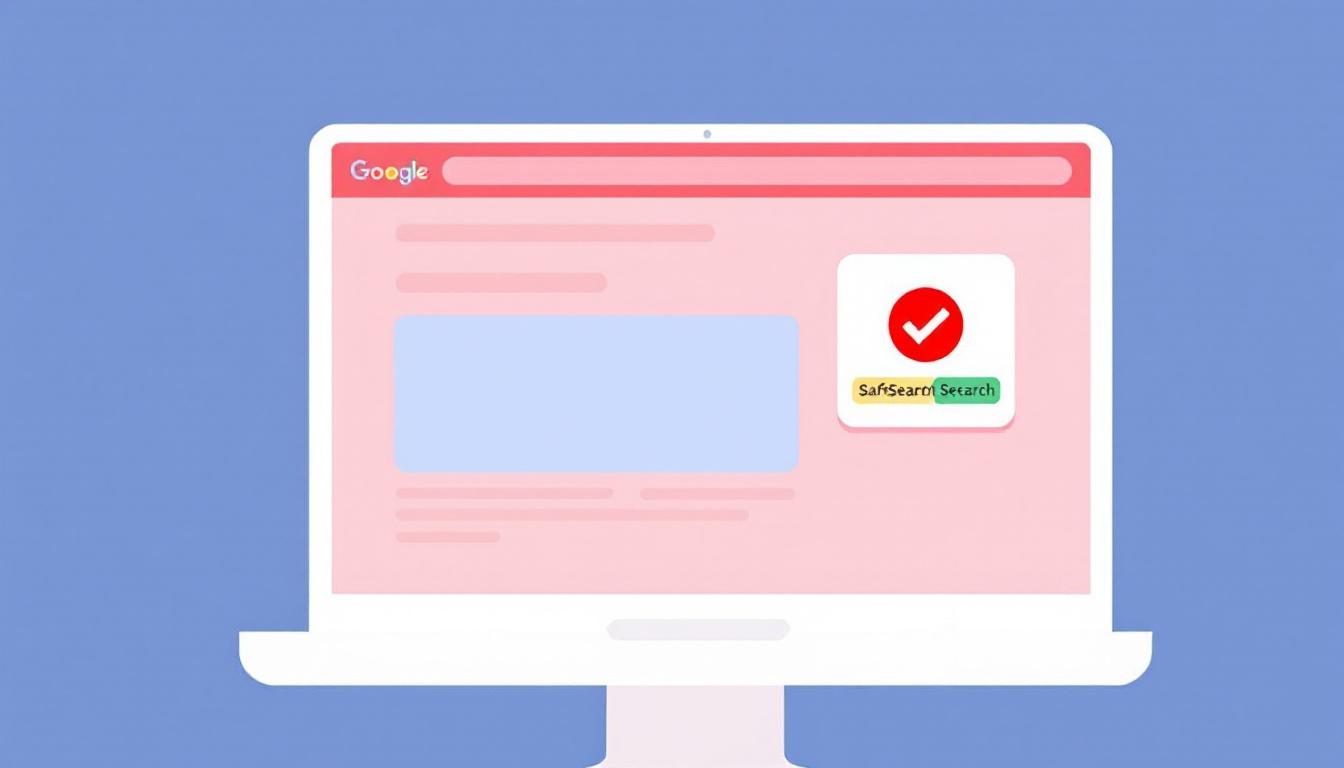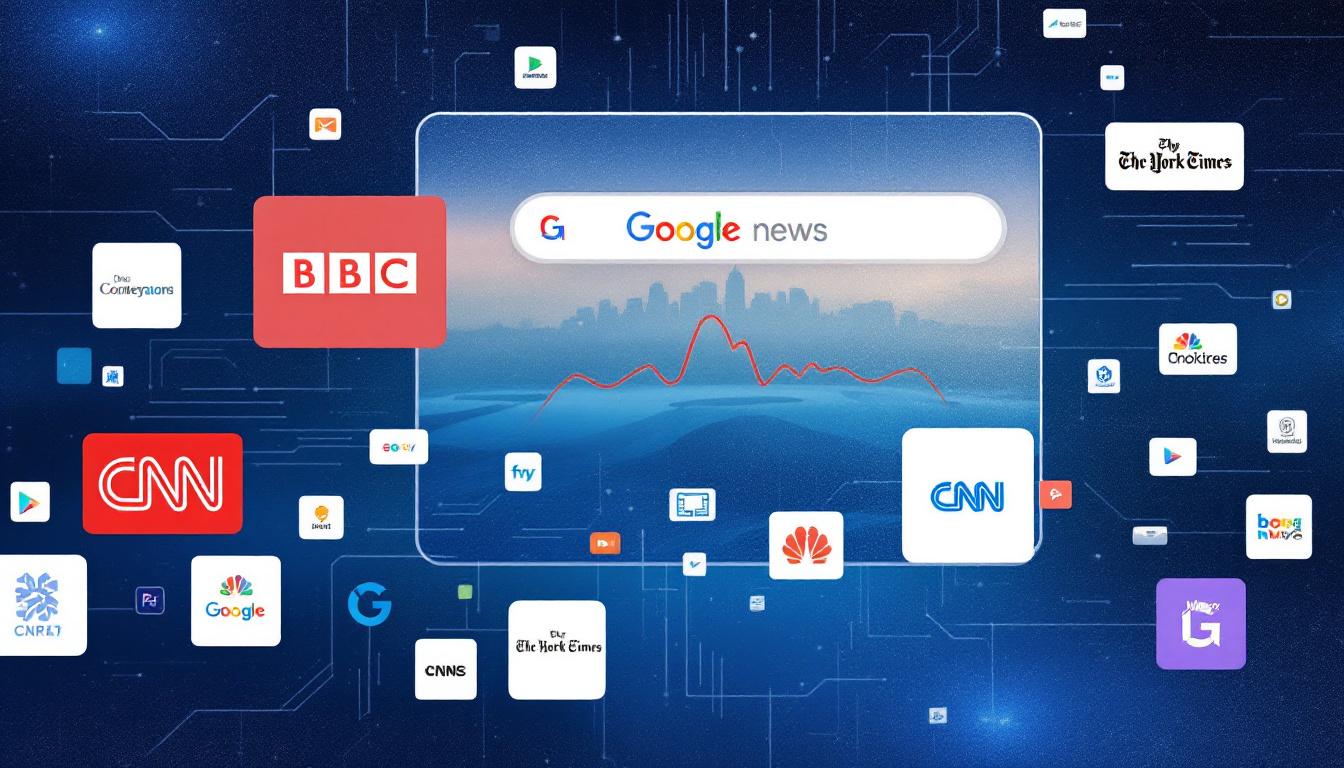Recent studies uncover that a significant portion of consumers are adept at identifying AI-generated content, both in visuals and written form.
Screpy
Utilize an AI-driven SEO analysis tool to evaluate your website and monitor your keywords all in a single intuitive dashboard.
This revelation may surpass what marketers initially anticipated, signaling the need for brands to exercise caution when incorporating AI into their promotional strategies.
Consumers Can Spot AI-Generated Images
A comprehensive study conducted by Joe Youngblood highlights consumers’ proficiency in distinguishing between authentic photos and AI-manipulated counterparts.
High Accuracy in Detection
The research evaluated various image categories, each presenting unique challenges for accurate identification.
Youngblood’s analysis involved over 4,000 participants from diverse age groups across the United States. Results showed that consumers correctly identified AI-generated images 71.63% of the time when comparing real photos alongside their AI versions.
Notably, certain image types were easier to identify as AI-produced. For instance, images depicting Scarlett Johansson as Black Widow were correctly recognized 88.78% of the time, Italian countryside landscapes 88.46%, baby peacocks 87.97%, and space imagery of Jupiter 83.58%.
In contrast, AI renditions of the Eiffel Tower were only identified correctly by 18.05% of participants, and AI-created paintings of George Washington by 50.89%.
These findings underscore the growing consumer ability to discern the authenticity of visual content, emphasizing the importance for brands to maintain high standards in their visual marketing efforts.
Growing Awareness of AI-Generated Text
In addition to visual content, another study delves into consumers’ recognition of AI-produced written material, revealing substantial awareness.
Significant Detection Rates Among Different Age Groups
The survey explored how different demographics perceive AI-written content, showing varying levels of detection accuracy.
Hookline&’s report surveyed 1,000 Americans regarding their ability to identify AI-generated text. The study found that 82.1% of respondents can recognize AI-written content at least occasionally.
This capability increases to 88.4% among younger adults aged 22–34, while only 11.6% of this group claimed they never notice AI content.
Christopher Walsh Sinka, CEO of Hookline&, commented, “Writers and brands aren’t sneaking AI-generated content past readers,” highlighting the transparency consumers now demand.
These insights indicate a heightened vigilance among consumers towards AI-generated narratives, urging content creators to prioritize authenticity and clarity in their communications.
Risks to Brand Reputation and Trust
The ability of consumers to detect AI content poses potential challenges for brands and content creators concerning their reputational standing.
Negative Perceptions of AI Usage
Consumers’ reactions to AI-generated content reveal significant concerns regarding quality and authenticity.
Youngblood cautions that if consumers perceive AI-generated images as subpar or mismatched with a brand’s image, it could negatively impact their perception of the brand’s products or services.
Additionally, the content study indicated that 50.1% of respondents would view writers using AI less favorably, and 40.4% of consumers would have a more negative view of brands that incorporate AI content. Only 10.1% reported a more positive view of such brands.
The sentiment is even stronger among older consumers, with nearly 30% expressing disapproval of AI-written content.
These statistics highlight the importance for brands to carefully consider the use of AI in their content strategies to avoid undermining consumer trust and loyalty.
Appropriate Applications of AI in Content Creation
Despite the challenges, there are specific areas where AI can still be effectively utilized without compromising consumer trust.
Preferred Uses of AI Among Consumers
The research identifies certain tasks where consumers are more accepting of AI involvement, aligning with their expectations.
According to the content report, many respondents find AI acceptable for functions such as brainstorming ideas (53.7%), conducting research (55.8%), editing content (50.8%), and data analysis (50.1%).
In the realm of images, Youngblood observes that consumers are more open to AI-generated content for casual and informal applications like memes, video game sprites, cartoons, and diagrams. However, for critical and high-stakes decisions, consumers still prefer authentic, real images.
These acceptable use cases suggest that while AI can aid in certain areas, maintaining a balance with human oversight is crucial to meet consumer expectations.
Strategic Implications for Marketers
The findings from these studies provide actionable insights for marketers contemplating the integration of AI into their content strategies.
Key Recommendations
To effectively navigate the use of AI, marketers should adopt strategic approaches that align with consumer preferences.
Firstly, transparency is vital. Acknowledging the use of AI in content creation can help sustain consumer trust. Secondly, prioritizing high-quality, professionally crafted content remains essential, as it is perceived as more reliable.
Thirdly, AI should be employed judiciously for tasks like research and editing, leaving creative decisions to human expertise. Lastly, understanding the target audience is crucial, as younger consumers may be more receptive to AI usage compared to older demographics.
Tailoring strategies to these insights can enhance the effectiveness of marketing campaigns.
By aligning AI usage with these guidelines, marketers can maintain credibility and foster positive relationships with their audiences.
The Bottom Line
As AI continues to advance, awareness among consumers grows, making it imperative for brands to carefully consider how they incorporate AI-generated content.
Striking the right balance between technological assistance and authentic human input can help maintain trust and uphold the integrity of marketing efforts.
By being transparent, focusing on quality, and strategically deploying AI where appropriate, brands can navigate the evolving landscape of consumer expectations and sustain their reputation in the market.








